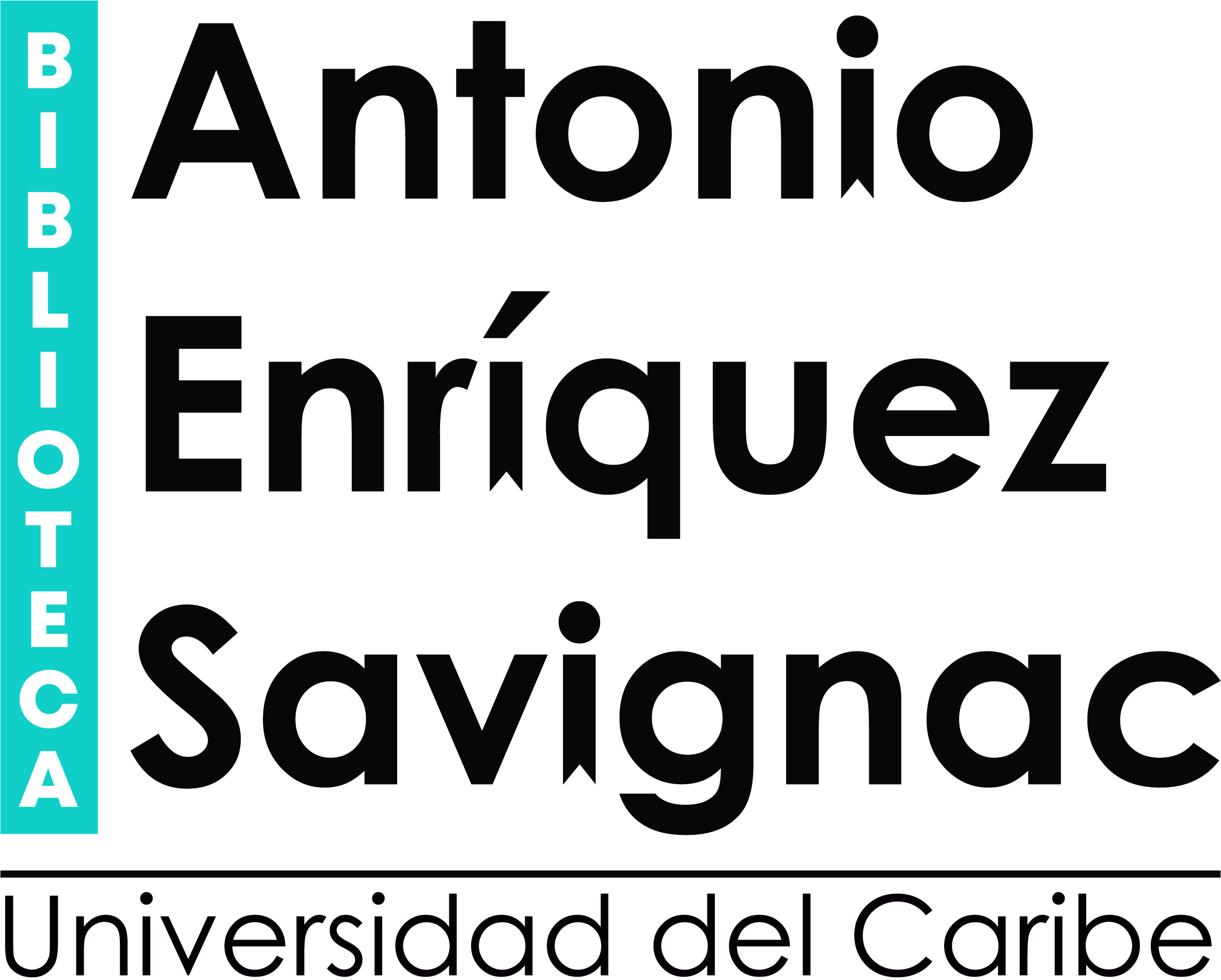Arduino workshop : a hands-on introduction with 65 projects / John Boxall.
Tipo de material: TextoProductor: San Francisco, California : Distribuidor: No Starch Press, Fecha de copyright: ©2013Edición: 1a ediciónDescripción: xx, 370 páginas : ilustraciones ; 24 x 16 cmTipo de contenido:
TextoProductor: San Francisco, California : Distribuidor: No Starch Press, Fecha de copyright: ©2013Edición: 1a ediciónDescripción: xx, 370 páginas : ilustraciones ; 24 x 16 cmTipo de contenido: - texto
- sin medio
- volumen
- 9781593274481 (pbk.)
- 1593274483 (pbk.)
- TJ 223 .P76 B78 2013
| Tipo de ítem | Biblioteca actual | Biblioteca de origen | Colección | Signatura topográfica | Copia número | Estado | Notas | Fecha de vencimiento | Código de barras | Reserva de ítems | |
|---|---|---|---|---|---|---|---|---|---|---|---|
 Libros para consulta en sala
Libros para consulta en sala
|
Biblioteca Antonio Enriquez Savignac | Biblioteca Antonio Enriquez Savignac | COLECCIÓN RESERVA | TJ 223 .P76 B78 2013 (Navegar estantería(Abre debajo)) | 1 | No para préstamo | Ingeniería Telemática | 040449 | |||
|
|
Biblioteca Antonio Enriquez Savignac | Biblioteca Antonio Enriquez Savignac | Colección General | TJ 223 .P76 B78 2013 (Navegar estantería(Abre debajo)) | 2 | Disponible | Ingeniería Telemática | 040450 |
Incluye índice
Chapter 1: Getting Started -- Chapter 2: Exploring the Arduino Board and the IDE -- Chapter 3: First Steps -- Chapter 4: Building Blocks (PDF) -- Chapter 5: Working with Functions -- Chapter 6: Numbers, Variables, and Arithmetic -- Chapter 7: Liquid Crystal Displays -- Chapter 8: Expanding Your Arduino -- Chapter 9: Numeric Keypads -- Chapter 10: Accepting User Input with Touchscreens -- Chapter 11: Meet the Arduino Family -- Chapter 12: Motors and Movement -- Chapter 13: Using GPS with Your Arduino -- Chapter 14: Wireless Data -- Chapter 15: Infrared Remote Control -- Chapter 16: Reading RFID Tags -- Chapter 17: Data Buses -- Chapter 18: Real-time Clocks -- Chapter 19: The Internet -- Chapter 20: Cellular Communications
"The Arduino is a cheap, flexible, open source microcontroller platform designed to make it easy for hobbyists to use electronics in homemade projects. With an almost unlimited range of input and output add-ons, sensors, indicators, displays, motors, and more, the Arduino offers you countless ways to create devices that interact with the world around you. In Arduino Workshop, you'll learn how these add-ons work and how to integrate them into your own projects. You'll start off with an overview of the Arduino system but quickly move on to coverage of various electronic components and concepts. Hands-on projects throughout the book reinforce what you've learned and show you how to apply that knowledge. As your understanding grows, the projects increase in complexity and sophistication. Among the book's 65 projects are useful devices like: A digital thermometer that charts temperature changes on an LCD A GPS logger that records data from your travels, which can be displayed on Google Maps A handy tester that lets you check the voltage of any single-cell battery A keypad-controlled lock that requires a secret code to open You'll also learn to build Arduino toys and games like: An electronic version of the classic six-sided die A binary quiz game that challenges your number conversion skills A motorized remote control tank with collision detection to keep it from crashing Arduino Workshop will teach you the tricks and design principles of a master craftsman. Whatever your skill level, you'll have fun as you learn to harness the power of the Arduino for your own DIY projects." -- P. web editorial
Ingeniería en Telemática
NUEVOSTELEMAT

